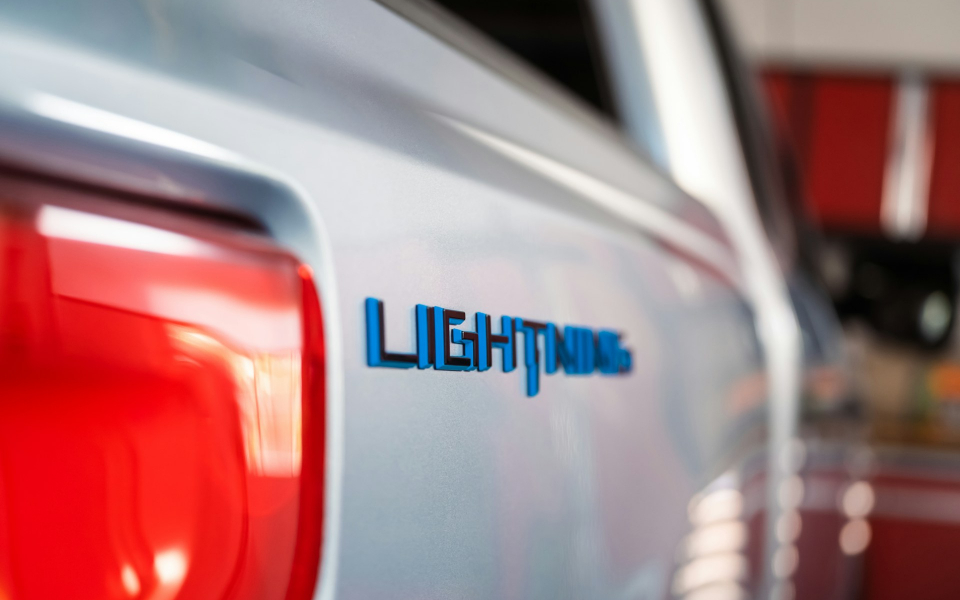U.S. electric vehicle (EV) sales are projected to account for only 9% of the market this year, according to a report by J.D. Power on Wednesday, a decrease from the previously estimated 12%.
What Happened: The automotive consulting firm attributed the reduction in its forecast to a slower-than-expected growth rate in the first half of 2024. This slowdown is due to increased competition among gasoline-powered vehicle alternatives, Reuters reported on Thursday.
The revised forecast follows Ford Motor Co.
Despite the short-term slowdown, J.D. Power anticipates EV sales will make up 36% of the U.S. retail market by 2030 and 58% by 2035.
"The current rate of slower-than-expected sales volume is being driven by a combination of relatively near-term variables that will fade as EV adoption continues to reach critical mass," the firm stated.
Other automakers like General Motors Co.
Why It Matters: The EV market has been undergoing a significant transformation, with major automakers like Ford and General Motors adjusting their strategies in response to waning demand. Recent data indicates that the cautious outlook from Original Equipment Manufacturers (OEMs) is impacting the entire EV battery supply chain. JPMorgan's Global EV Battery team has noted further volume revisions despite improving battery economics, driven by cheaper metal and lower cell prices.
In addition, Ford's decision to abandon the production of a fully electric sport-utility vehicle and take a $1.9 billion write-down highlights the industry's recalibration. The company plans to focus on hybrid gas-electric versions of its three-row SUVs, including the Explorer and Expedition models.
Despite these short-term adjustments, the long-term outlook remains optimistic. A report from Recurrent Auto suggests that the U.S. is on track to achieve a 50% market share for EVs by 2030, driven by states like California phasing out internal combustion engines in favor of electric vehicles.










